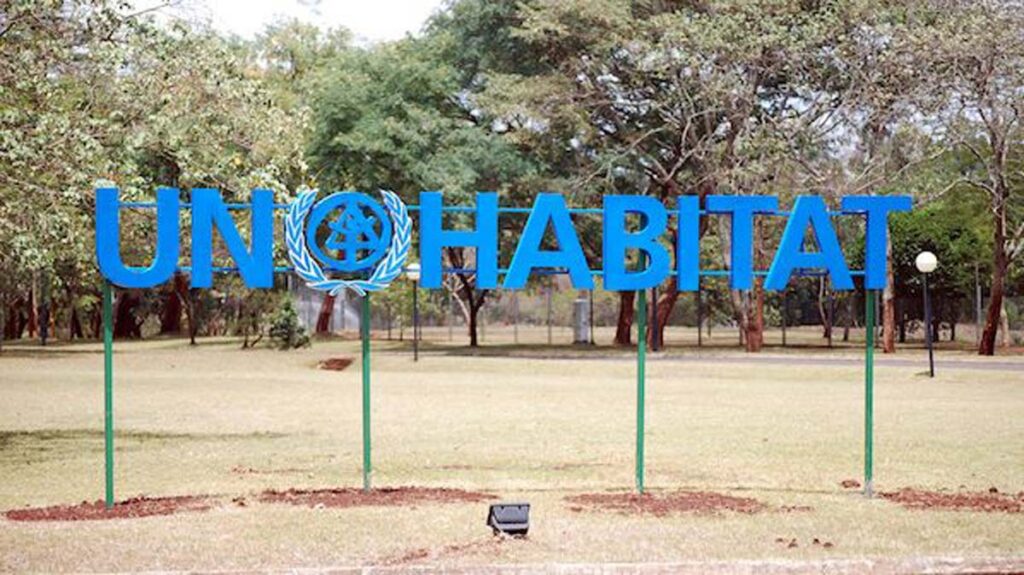Nigeria is almost notorious for the virtual lack of reliable data for socio-economic planning. This dearth of data is a big drag on the country’s planning for development. Clearly then, the task of acquiring reliable data or at least establishing the framework for the regular collection of data ranks at the top of development priorities in Nigeria. This provides a strong rationale for the establishment of the NUO.
Perhaps more than many aspects of socio-economic and development planning, planning for the urban and regional development requires abundance of data measuring demographic, socio-economic, environmental and governance aspects of urban and rural development. The establishment of the National Urban Observatory (NUO) will serve as an important step in providing the much needed data for urban and regional planning of Nigeria. Since the data will be available on websites, interested persons around the world can have easy access to the data thereby helping to ameliorate the image of Nigeria as a country that lacks data integrity.

In Istanbul, 1996, Nigeria, along with 171 other countries around the world, committed itself to the implementation of the Habitat Agenda. The Agenda recommends several strategies for ensuring sustainable human settlement development. Among the key recommendations are the use of indicators and best practices as instruments for planning and monitoring developments in the human settlement sector. In compliance with this stipulation of the Habitat Agenda, several countries embarked upon the collection of data on key urban and housing indicators. Given the importance which the Agenda attached to gender issues, some countries went further to dis aggregate the data on urban and housing indicators according to the gender.
The United Nations General Assembly held a special session in 2001 to review and appraise the progress made by countries in the implementation of the Habitat Agenda. As it turned out, many countries, including Nigeria, had made little or no progress. The General Assembly then unanimously agreed that member countries must re-dedicate themselves to the key recommendations of the Habitat Agenda. To ensure that Nigeria complied with this injunction, the Nigerian office of the United Nations Development Programme (UNDP) took up the challenge to produce for Nigeria, a gender disaggregated urband and housing indicators study. With the completion of this study, Nigeria has not only carried out some of the key injunctions on the Habitat Agenda, but has also acquired the wherewithal to join the Global Urban Observatory Network set up by the UN-Habitat as a worldwide information and capacity building network to enhance the implementation of both the Habitat Agenda and Agenda 21 at the national and sub-national levels.

The United Nations General Assembly held a special session in 2001 to review and appraise the progress made by countries in the implementation of the Habitat Agenda. As it turned out, many countries, including Nigeria, had made little or no progress. The General Assembly then unanimously agreed that member countries must re-dedicate themselves to the key recommendations of the Habitat Agenda. To ensure that Nigeria complied with this injunction, the Nigerian office of the United Nations Development Programme (UNDP) took up the challenge to produce for Nigeria, a gender disaggregated urband and housing indicators study. With the completion of this study, Nigeria has not only carried out some of the key injunctions on the Habitat Agenda, but has also acquired the wherewithal to join the Global Urban Observatory Network set up by the UN-Habitat as a worldwide information and capacity building network to enhance the implementation of both the Habitat Agenda and Agenda 21 at the national and sub-national levels.
In setting up of the National Urban Observatory, therefore, the Ministry of Works, Housing and Urban Development is helping Nigeria to fulfill its UN obligations. This would mean that Nigeria will be in compliance with one of the major stipulations of the Habitat Agenda and more specifically Agenda 21. This would be a laudable achievement for the country.



